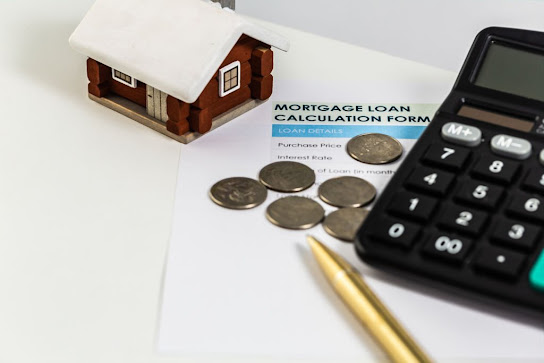Understanding Mortgage Credit Certificates in North Carolina
In the world of real estate, especially in the vibrant state of North Carolina, understanding the intricacies of mortgage options is crucial. One such option that often goes unnoticed but can significantly benefit homebuyers is the Mortgage Credit Certificate (MCC). In this article, we'll delve into the details of Mortgage Credit Certificates in North Carolina, explaining what they are, how they work, and the potential advantages they offer to homebuyers.
What Is a Mortgage Credit Certificate (MCC)?
A Mortgage Credit Certificate, commonly referred to as an MCC, is a financial instrument designed to assist first-time homebuyers in North Carolina. It is a federal tax credit program that aims to make homeownership more affordable and accessible. Here's how it works:
Eligibility Criteria for MCC
Before diving into the benefits of MCCs, it's essential to understand who is eligible to apply for one. The eligibility criteria typically include:
1. First-Time Homebuyers
MCCs are usually reserved for first-time homebuyers, defined as individuals who haven't owned a primary residence in the last three years.
2. Income Limitations
Applicants must meet specific income limitations, which vary depending on the location and size of the household. These limits are set to ensure MCCs benefit those who genuinely need them.
3. Home Purchase Price
There may be restrictions on the maximum purchase price of the home. MCCs are primarily aimed at assisting buyers in the lower-to-middle income range.
How Does an MCC Benefit Homebuyers?
Now that we've covered the eligibility criteria let's explore the advantages of obtaining an MCC:
1. Tax Credit
The most significant benefit of an MCC is the tax credit it provides to the homeowner. With an MCC, a portion of the annual mortgage interest paid is converted into a dollar-for-dollar tax credit. This credit can result in substantial savings on your federal income taxes.
2. Increased Affordability
By reducing your federal tax liability, an MCC effectively lowers your overall housing costs. This makes homeownership more affordable and can free up funds for other important expenses.
3. Long-term Savings
The tax credit provided by an MCC is not a one-time benefit but continues for the life of the mortgage, as long as you reside in the home. This long-term savings can accumulate to a significant amount over the years.
How to Apply for an MCC
Obtaining an MCC in North Carolina involves a specific application process. Here are the general steps:
1. Attend a Homebuyer Education Course
Many MCC programs require applicants to complete a homebuyer education course. This course provides valuable information on homeownership and financial management.
2. Find a Lender
You'll need to work with an approved lender who participates in the MCC program. They will guide you through the application process.
3. Submit Your Application
Complete the MCC application provided by your lender. You'll need to provide documentation of your income and other relevant financial information.
4. Wait for Approval
Once your application is submitted, you'll need to wait for approval from the MCC program administrator. This process may take some time, so it's essential to be patient.
Conclusion
In conclusion, Mortgage Credit Certificates (MCCs) are a valuable resource for first-time homebuyers in North Carolina. They offer a tax credit that can significantly reduce the financial burden of homeownership, making it more accessible for those with lower-to-middle incomes. If you're considering buying your first home in North Carolina, exploring the possibilities of an MCC is a smart financial move.
FAQs
1. Can I use an MCC for a second home purchase?
No, MCCs are typically reserved for first-time homebuyers purchasing their primary residence.
2. Is there a maximum income limit for MCC eligibility?
Yes, there are income limitations for MCC eligibility, and they vary based on household size and location.
3. How much can I save with an MCC?
The amount you can save with an MCC depends on your mortgage interest and tax liability. It's best to consult with a tax professional for an accurate estimate.
4. Can I combine an MCC with other homebuyer assistance programs?
In some cases, yes. It's advisable to check with your MCC program administrator and other assistance programs for specific details.
5. What happens if I sell my home?
If you sell your home, you may need to repay a portion of the tax credit you received. The rules regarding this repayment can vary, so it's crucial to understand them before selling your home.




Comments
Post a Comment